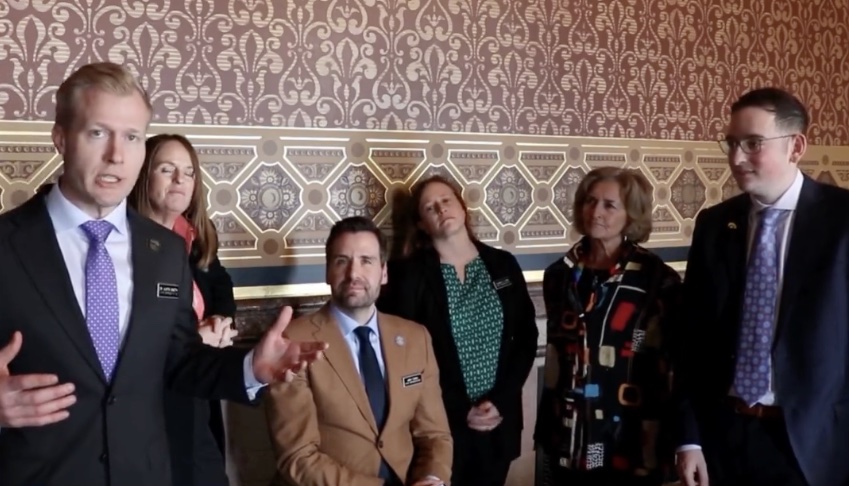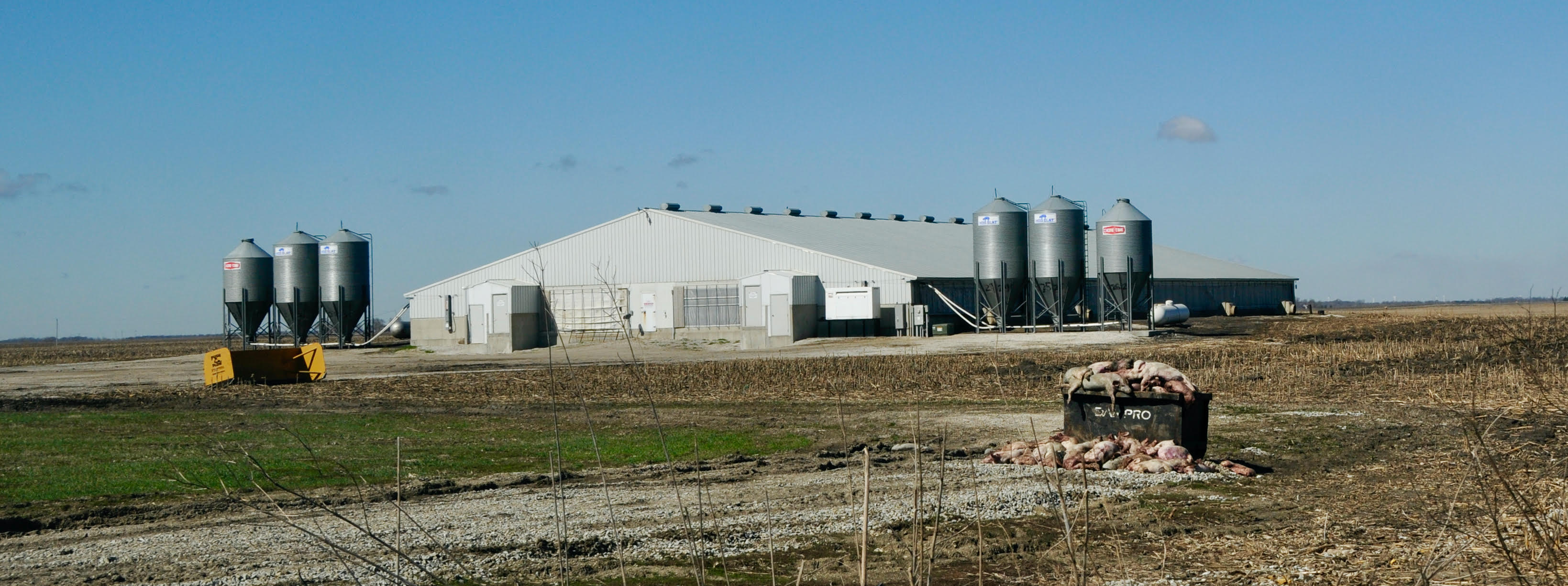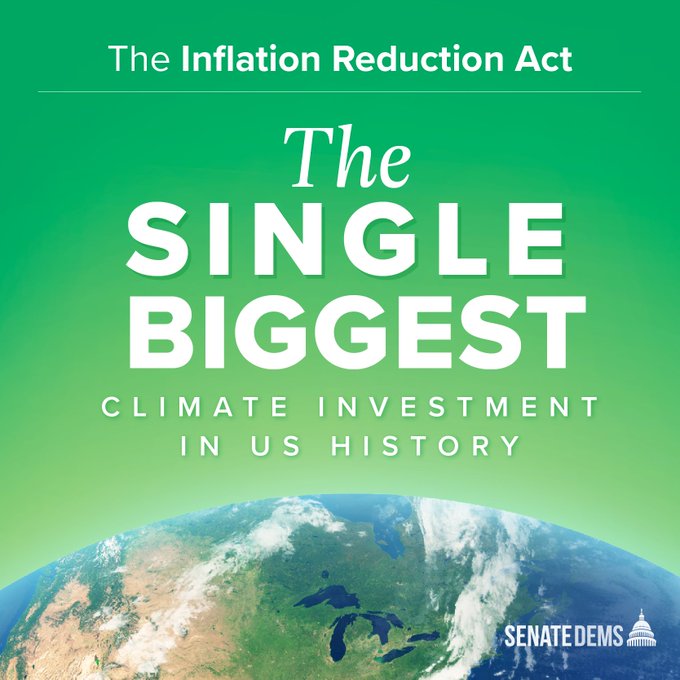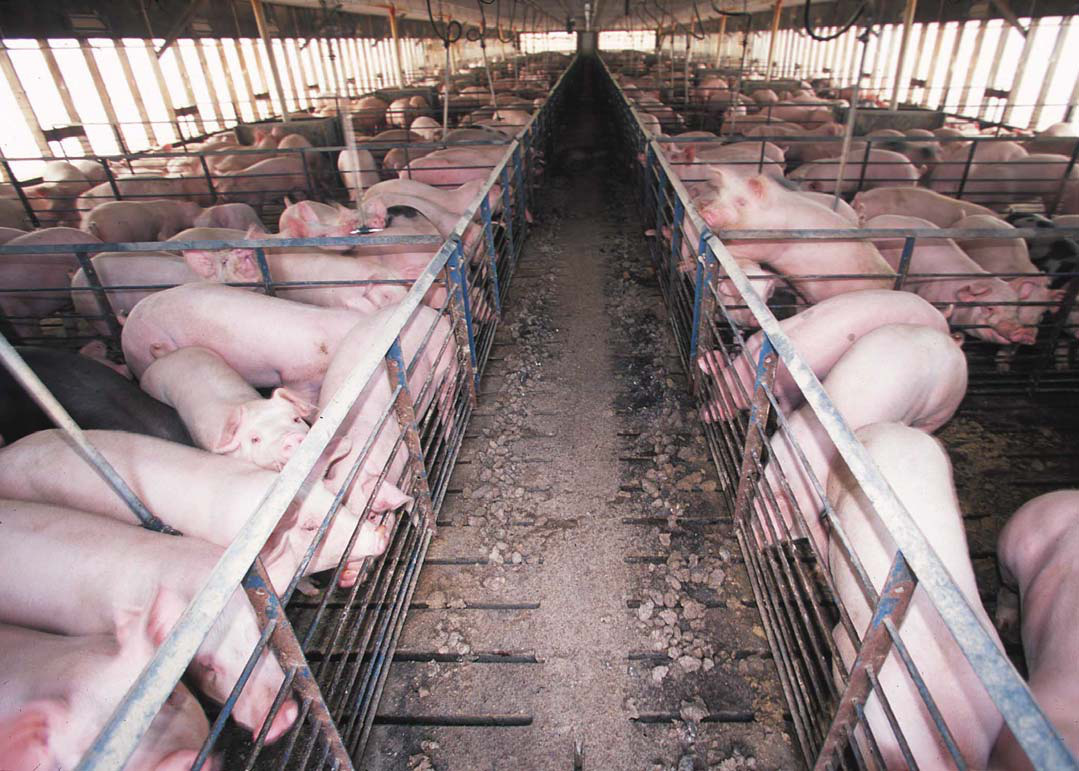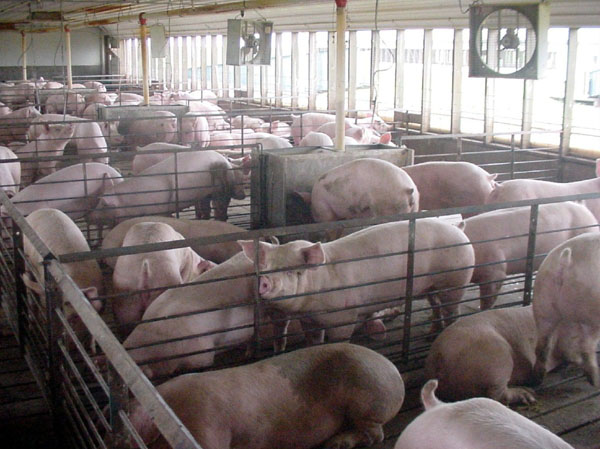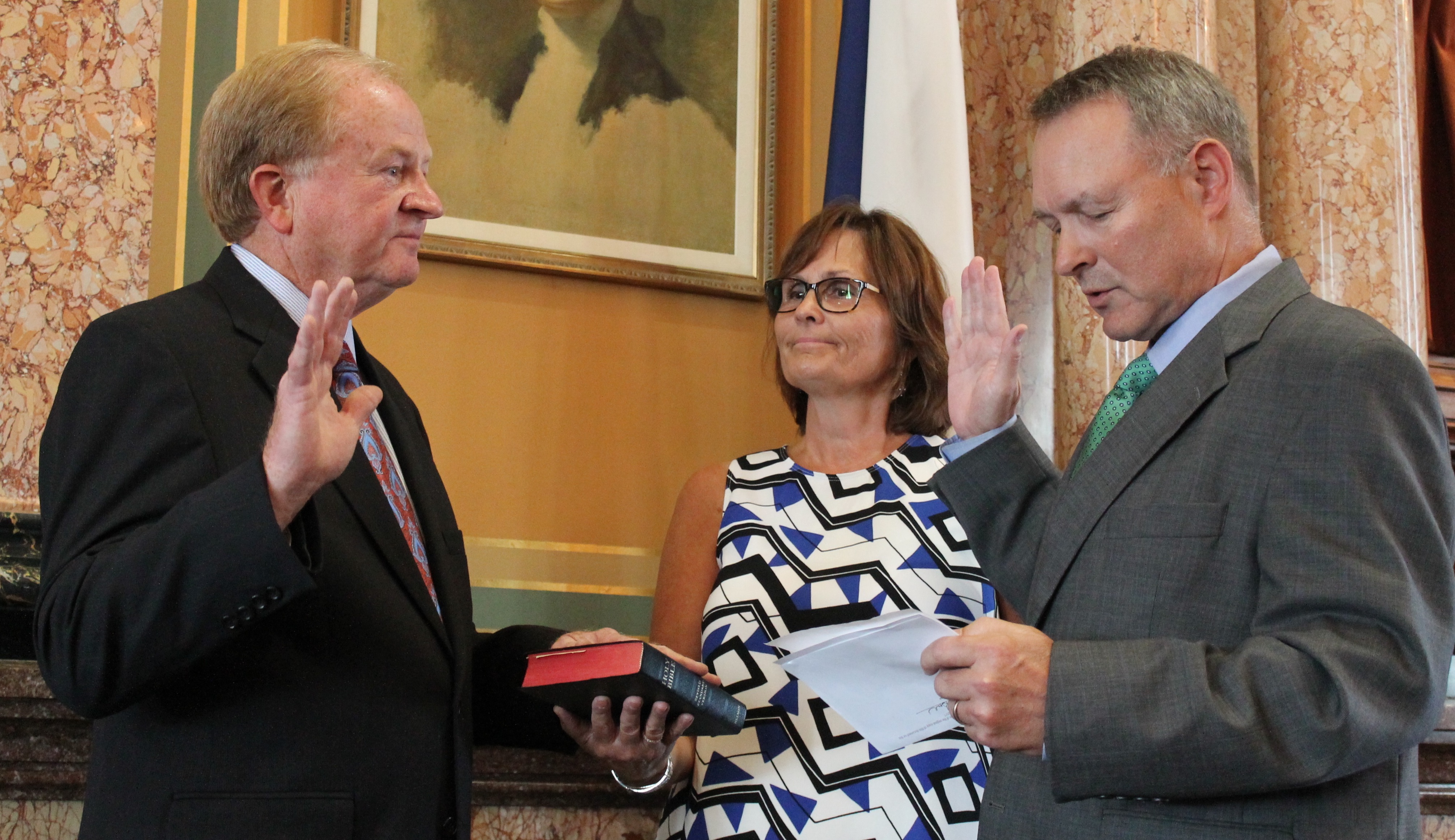Before adjourning for the Thanksgiving recess, the U.S. House approved three bills last week designed to limit the Environmental Protection Agency’s ability to function. Iowa Republicans Tom Latham (IA-03) and Steve King (IA-04) voted for all three bills, while Democrats Bruce Braley (IA-01) and Dave Loebsack (IA-02) voted against them all. On November 18, representatives passed the “EPA Science Advisory Board Reform Act” by 229 votes to 191 (roll call). Cristina Marcos reported for The Hill, “Among other provisions, the measure would require the Scientific Advisory Board, which consults the EPA on its regulations, to have at least ten percent of members from state, local or tribal governments. […] Democrats said the measure would hinder the board’s effectiveness and compromise its members’ scientific expertise.” Scientists are alarmed about the prospect of more industry experts on an EPA board.
On November 19, House Republicans and a handful of Democrats approved the “Secret Science Reform Act of 2014” by 237 votes to 190 (roll call). This bill would block the EPA from adopting new regulations based on scientific research unless all raw data were publicly available. Its backers claim they are only trying to improve transparency at the federal agency. But peer-reviewed studies, particularly in the field of public health, often rely on confidential patient information that cannot be made public.
Andrew Rosenberg, who heads the Center for Science and Democracy at the Union of Concerned Scientists, discussed both of these “attacks on independent science” by House Republicans. I’ve enclosed excerpts from his commentary after the jump.
Finally, on November 20 every House Republican and sixteen Democrats approved the “Promoting New Manufacturing Act” by 238 votes to 172 (roll call). Cristina Marcos reported that this bill would ” enhance the Environmental Protection Agency’s reporting requirements for the number of pre-construction permits it issues under the Clean Air Act.”
In addition, the bill would direct the EPA to report to Congress each year on how it can expedite the permitting process. House Majority Whip Steve Scalise (R-La.), the measure’s sponsor, argued it would promote manufacturing and increase transparency. […]
But Rep. Henry Waxman (Calif.), the top Democrat on the House Energy and Commerce Committee, said the measure would weaken environmental protections by allowing permit applicants to avoid updated EPA air quality standards if the facilities are new or expanding, calling it “pollution amnesty.”
“This bill does not do anything to improve the permitting process for new and expanding facilities, but it does weaken air quality protection,” Waxman said.
Marcos’ reporting indicates that the White House has issued veto threats against all three of these bills. Once Republicans take control of the U.S. Senate in the new year, Obama may get several opportunities to reject bad bills affecting the EPA.
Continue Reading...


